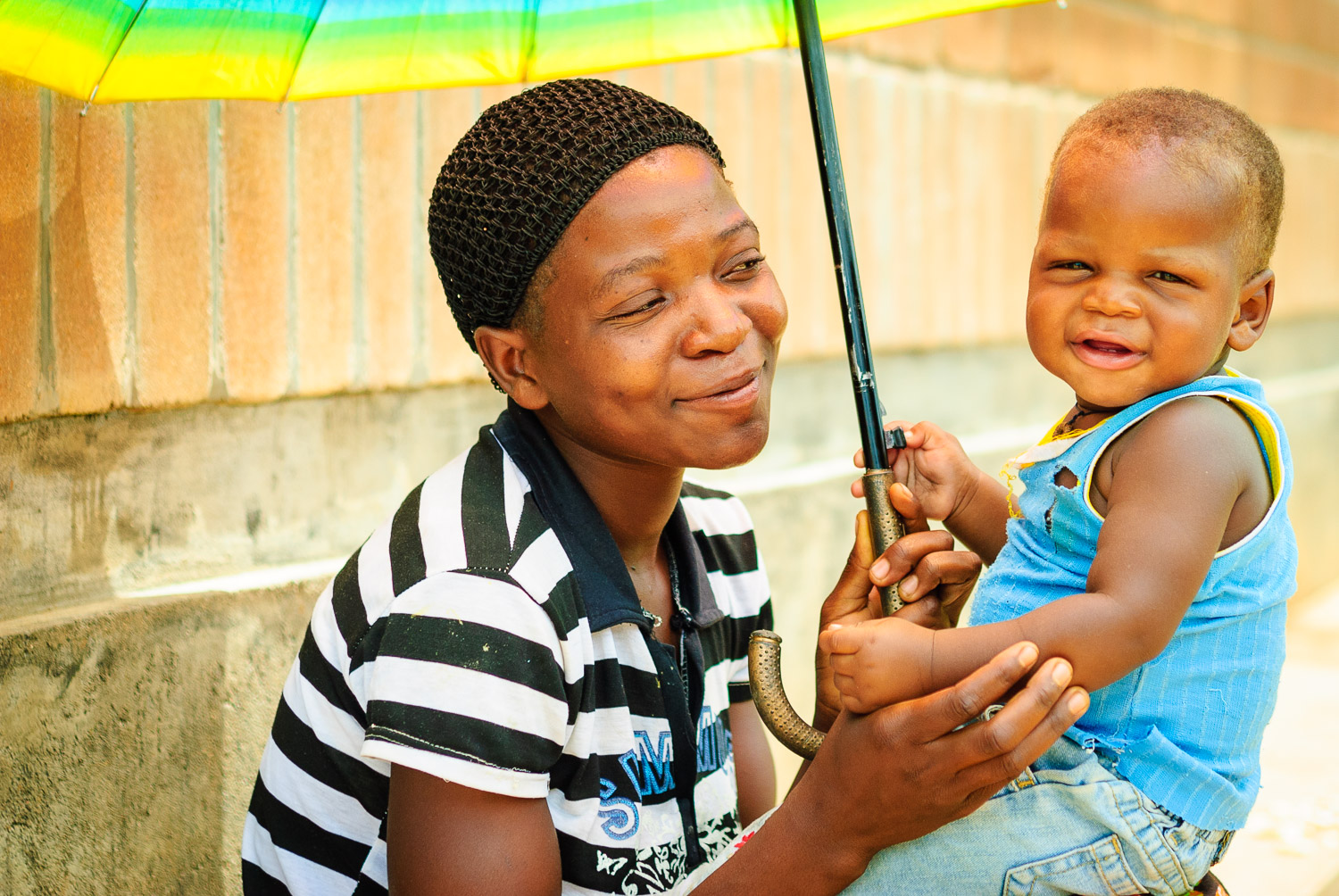February 8, 2012
I take pictures. The Eiffel Tower. A Baltimore snowstorm. A mountain in Morocco. A glacier in Argentina. But two hours off the main road through the Phalombe District, around the base of Mount Mulanje, in the southeastern corner of Malawi, it’s a different feeling this time. I’m struck by not just how fortunate I am to be surrounded by interesting scenery and faces that make for great photos, but also the feeling that probably haven’t been many outsiders here. Unlike standing outside the glass pyramid of the Louvre, this isn’t well-worn ground.
I’ve come here, down teeth-rattling roads and over one lane wooden bridges, to see the initial results of a program that is helping the Malawi Ministry of Health to get essential medicines to the far reaches of all the country’s districts. And “far reaches” only begins to describe today’s scenes.
After a breakdown in the country’s medicine procurement program, international donors such as USAID, DFID, the German and Norwegian governments shut off funds used to import drugs and supplies. But donors, initially unhappy with the problems identified in Malawi’s medical system, were then faced with the prospect of a worse outcome: that the import of essential medicines would come to a halt. Vulnerable citizens’ lives hung in the balance. To restart Malawi’s health procurement system, rebuild its capacity and strengthen internal oversight, the international community has turned to a strategy that worked in Zambia: “Kits” were created by UNICEF, based on the needs of clinics throughout the country. These boxes – containing different medicines like antibiotics to treat pneumonia, for example, and supplies sometimes as seemingly mundane as rubber gloves – were structured based on health workers serving a certain number of people in a month. Based on the number of people in a community, variable numbers of kits were delivered to health centers each month. Patients were treated, supply was calibrated to demand, and the health system could be strengthened without halting the flow of essential consumables.
Malawi was identified as having similar needs as Zambia, so using the “Zambia kits” allowed greater economy of scale in a similar program. The initial shipments of these kits purchased by UNICEF, brought to Malawi on a specially-chartered jumbo air freighter, have been making their way to communities around the nation. With the first phase of the project now underway for a month, I’m tagging along with UNICEF Malawi as they demonstrate successful kit distribution to members of the Malawian media. The kits are here. They’re working. Patients are getting care. Lives are being saved. And Malawi’s health system is being recapitalized and revitalized by Malawians themselves.
I have never seen anything like what I saw today. Parts of far-flung Morocco came closest, but they were not facing as extreme challenges for resources as the people of the village of Migowi, or the larger Phalombe region.
It would be easy to be overwhelmed at the poverty and the suffering of the people struggling to obtain even the most rudimentary healthcare for their families. And it is overwhelming. But there is also reason to be optimistic.
The people here have every reason to be bitter. To be frustrated. To feel helpless. To feel abandoned, as some of the world’s poorest watch yet another convoy of impossibly expensive white trucks roll by. And yet without exception I saw smiles and warmth and more than a few kids, like Alex and Sara, who said, “Hi, How are you? What’s your name and where are you from?” They couldn’t wait to get in front of my camera. I took 750 pictures between 11am and 4pm.
It would be easy to be overwhelmed by the poverty and the suffering of the people struggling to obtain even the most rudimentary healthcare for their families. And it is overwhelming. But there are also reasons to be optimistic. This UNICEF-driven program isn’t going to solve all of Malawi’s problems. But in the meantime, it is easing the critical shortage of essential medicines, saving lives, and building a sustainable framework of procurement and distribution that will serve the entire country.
I’m happy to be bringing this story to journalists next week, so they might share it with their vast audiences. But for now, I’m happy to be just taking pictures.




